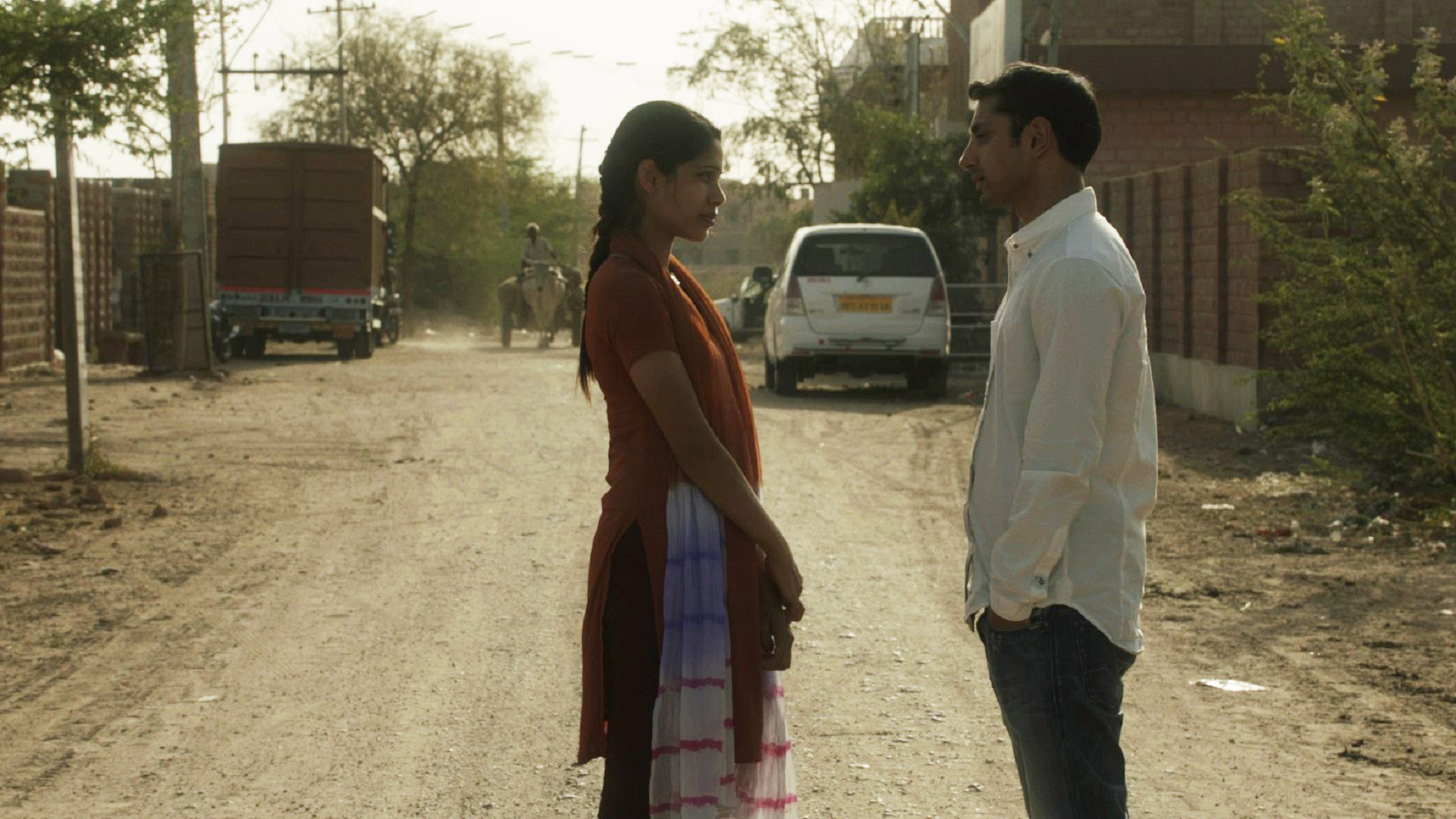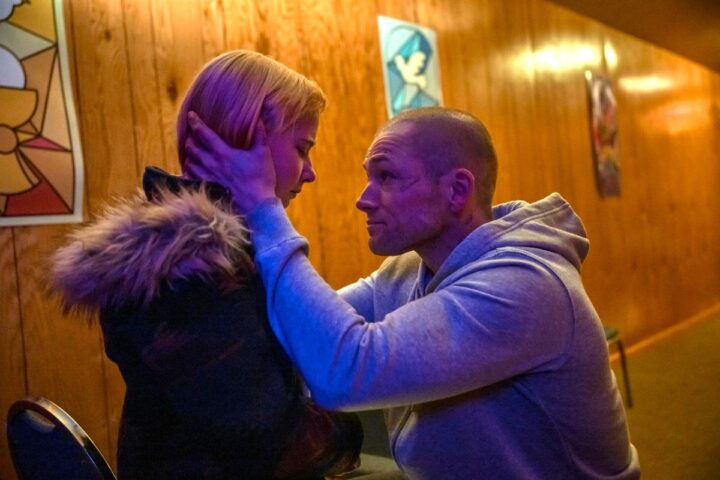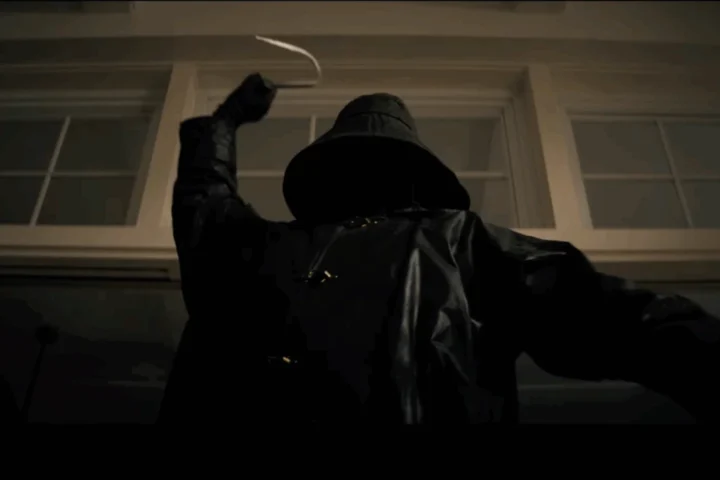Michael Winterbottom’s Trishna, a retelling of Thomas Hardy’s classic 1871 novel Tess of the D’Urbervilles set in modern-day India, is a sumptuous picture featuring a solid performance from the very beautiful Freida Pinto as the tragic heroine struggling with issues of love and class. This new version brings into sharp focus the exploitation of an impossibly beautiful woman by an impossibly cruel man and how the inconvenience of falling in love, with the caste system as a backdrop, leads to all manner of degradation and despair.
When we first meet young Trishna (Pinto), she’s an innocent girl from the small Indian town of Rajasthan making ends meet by helping her father work the fields. She also moonlights as a waitress, where she meets worldly, handsome and affluent young Jay (Riz Ahmed), immediately taken with her near-ethereal beauty and obvious goodness. When an accident impairs her father’s ability to work, the breadwinning falls squarely on Trishna’s shoulders.
Jay, whose blind ex-pat father (marvelous Roshan Seth) is a rich hotel proprietor residing in London, has compassion for Trishna’s dilemma, offering her a well-paying job in his father’s tony venue, an offer she cannot refuse. For a time, all seems to be going in the right direction as Trishna excels at her work and Jay recognizes her potential, enrolling her in management courses while a growing and mutual affection blooms.
But their relationship takes a u-turn after an unexpected kiss and suggestion of intimacy, which the film handles elliptically so we are never quite sure of the nature of the indiscretion. Whatever has happened, it’s devastating enough for Trishna to abandon her new life and return to her family, a temporary escape as Jay quickly comes to fetch her off to Mumbai. Here the pair share an apartment and an emerging social circle of Jay’s friends, who are filming a flamboyant Bollywood musical, and for a time Trishna has hopes of being a dancer in movies (and takes lessons), for which she certainly has the looks.
But then the trouble starts, and Jay, we surmise, comes to the realization that Trishna, perhaps because of her social standing or perhaps because he is simply bored, is an unsuitable partner. His behavior becomes increasingly detached, so much so that when he leaves India to care for his ailing father, Trishna is left alone to wait. She’s abruptly evicted from their apartment. We know what she doesn’t—that Jay isn’t coming back to her, at least in the way she desires—but she holds out hope.
Yet he returns again with apologies, and kind-hearted Trishna believes him. They move together to a palatial hotel, where their dynamic takes a perverse twist as he gets her a job as a chambermaid. Even though his love for Trishna has dissipated, his sexual interest hasn’t, and he spends his days reading about the Kama Sutra, ordering Trishna around, violating and degrading her into grotesque role-playing. There’s much sadness in her realization that the kind man she once loved regards her now as merely subservient to his carnal appetites. Why does she allow this? Because he has money, and she doesn’t.
Winterbottom is the most versatile director today, and one look at his resume reveals such notables as The Claim, A Mighty Heart, 24-Hour Party People, Code 46, The Killer Inside Me and Jude, another Thomas Hardy Adaptation—all completely different in subject, genre, tone and approach. His command of the material and his lead actress in Trishna is both acutely sensitive and culturally enlightening—India looks ravishing even when dirt poor. Given the imposed limitations of the characters and what we already know about Hardy’s tragic denouement, he creates a touching adaptation moving inexorably toward a conclusion we know is preordained, yet we remain hopeful. Through it all, Pinto, the most beautiful woman in movies today, downplays effectively taking us with her from naïve country girl to cosmopolitan urban woman to enslaved martyr. She is something to look at, and Trishna is an eyeful.
3 stars.



